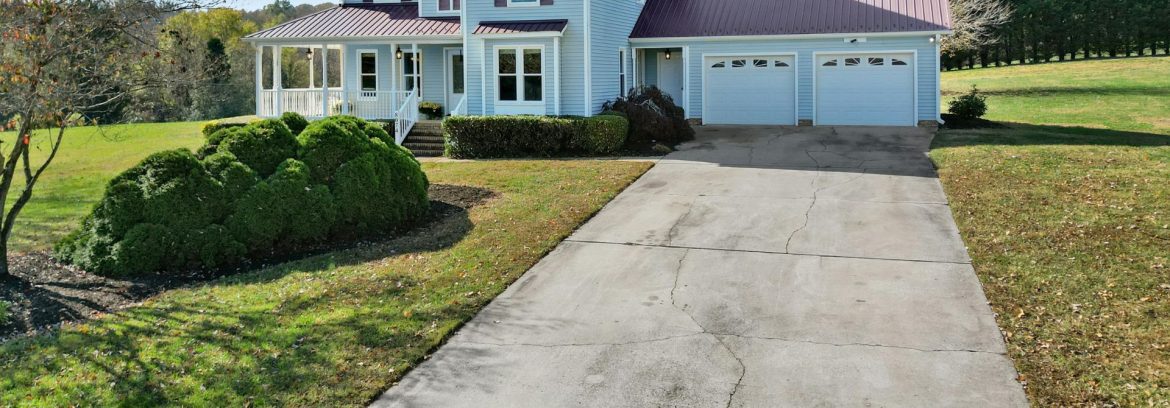When you invest in a new driveway, you want to know how long it’s going to hold up — especially in a region like New England, where winters are harsh and summers are hot. The good news? A well-installed asphalt driveway in Rhode Island can last 20 to 30 years or more.
The key is understanding the factors that influence that lifespan — and how to protect your investment with smart maintenance.
At J. Perry Paving, we’ve spent over two decades paving and preserving driveways that survive everything Mother Nature throws at them.
Here’s what you need to know.
What’s the Average Lifespan of an Asphalt Driveway?
- New England Average: 20–30 years
- With proper maintenance: Up to 30 years
- Without maintenance: 12–15 years or less
While concrete can last longer in mild climates, asphalt is much better suited for Rhode Island’s temperature swings, ice, and salt exposure.
→ Learn more about residential paving in Rhode Island
How Weather Impacts Lifespan
Rhode Island faces:
- Freeze-thaw cycles (which expand cracks)
- Snowplows (which scrape and wear surfaces)
- Road salt (which can degrade materials over time)
Asphalt is flexible and absorbs some of these stresses better than concrete, but regular maintenance is critical.
What Affects Driveway Lifespan?
1. Quality of Installation
A poorly installed base will cause the surface to crack and sink within a few seasons. That’s why we always compact the foundation and use proper drainage.
2. Seal Coating
Applying a seal coat every 3–5 years protects the asphalt from moisture, salt, and UV rays.
3. Climate Exposure
Driveways with lots of shade and good drainage last longer than those exposed to direct sunlight and pooling water.
4. Vehicle Load
If your driveway supports heavy vehicles regularly (like RVs or work trucks), you may need a thicker asphalt layer or more frequent repairs.
5. Ongoing Maintenance
Small cracks or stains that go untreated lead to bigger, costlier issues. Annual inspections and minor patchwork go a long way.
What You Can Do to Maximize Your Driveway’s Lifespan
- Seal coat every 3–5 years
- Clean stains and oil immediately
- Repair cracks as they appear
- Ensure proper drainage
- Avoid parking heavy vehicles in one spot for long periods
- Hire a licensed, local paving contractor for repairs
When to Repair vs. Replace
| Condition | Fix |
| Small Cracks < ¼” | Fill or Seal |
| Surface Fading | Seal Coat |
| Widespread alligator cracking | Resurface or repave |
| Drainage Issues or Sinking | Full replacement may be needed |
If you’re not sure whether to repair vs. replace your driveway, we’re happy to take a look and provide honest guidance.
Why J. Perry Paving Driveways Last Longer
We don’t just lay asphalt — we build driveways that last. Every project includes:
- Full excavation and grading.
- High-quality materials and compaction.
- Expert drainage planning.
- Optional seal coating services.
- Honest advice, no upsells.
→ See our About Page to learn how we’ve built a reputation for quality across Rhode Island.
Final Thoughts
With the right contractor and consistent care, your driveway can last for decades — even in New England’s unpredictable weather. If you want a strong return on your investment, start with a solid foundation and a company that stands behind its work.
Need an estimate or advice on repairs?
Contact J. Perry Paving for honest answers and lasting results.

